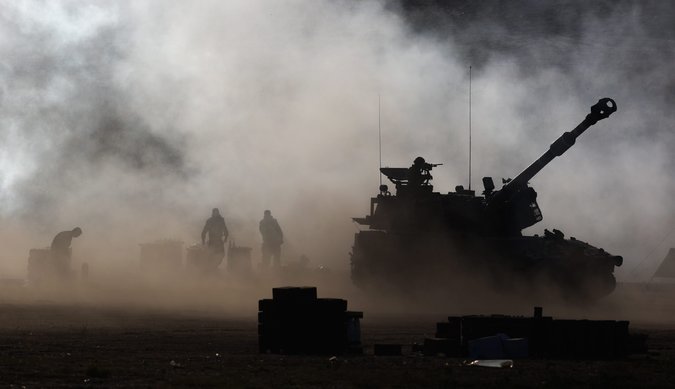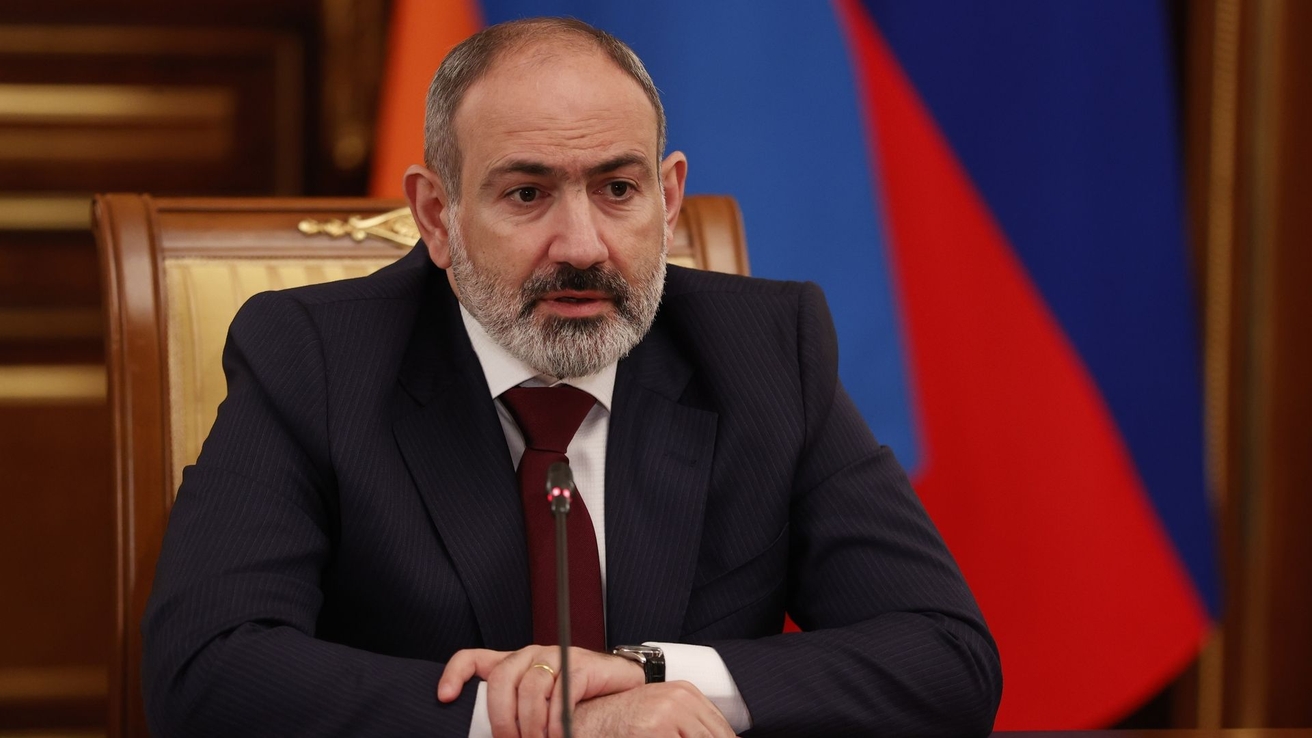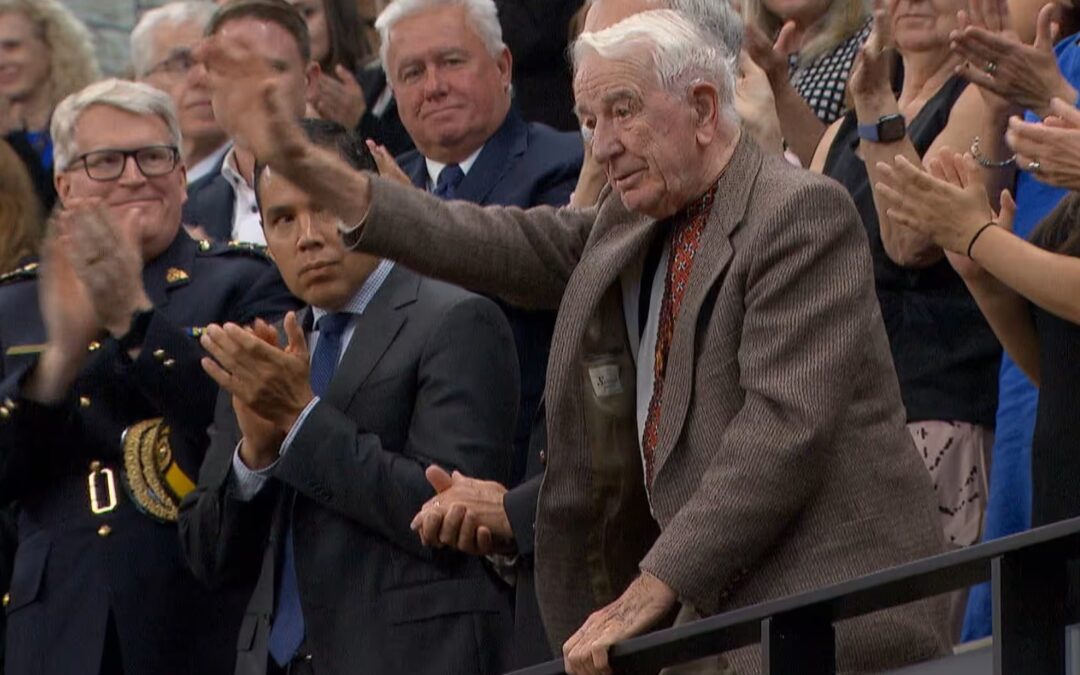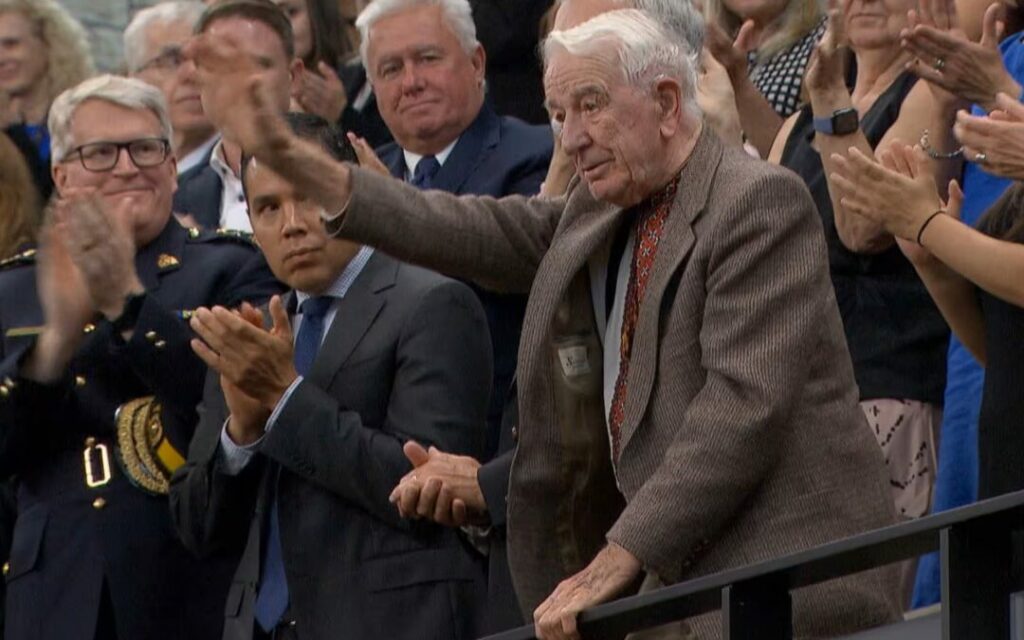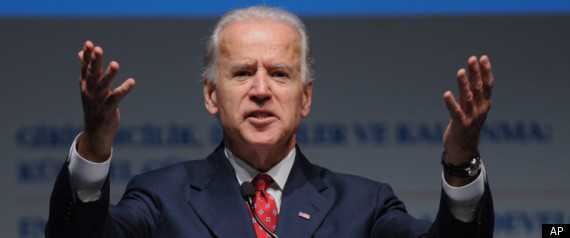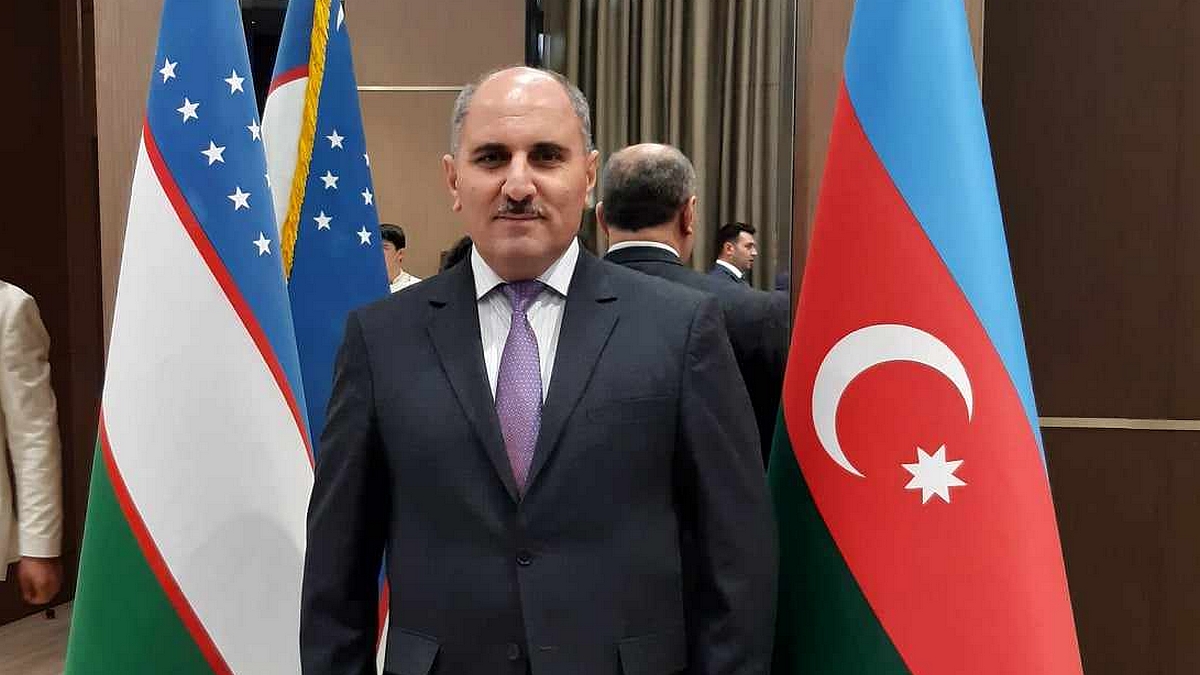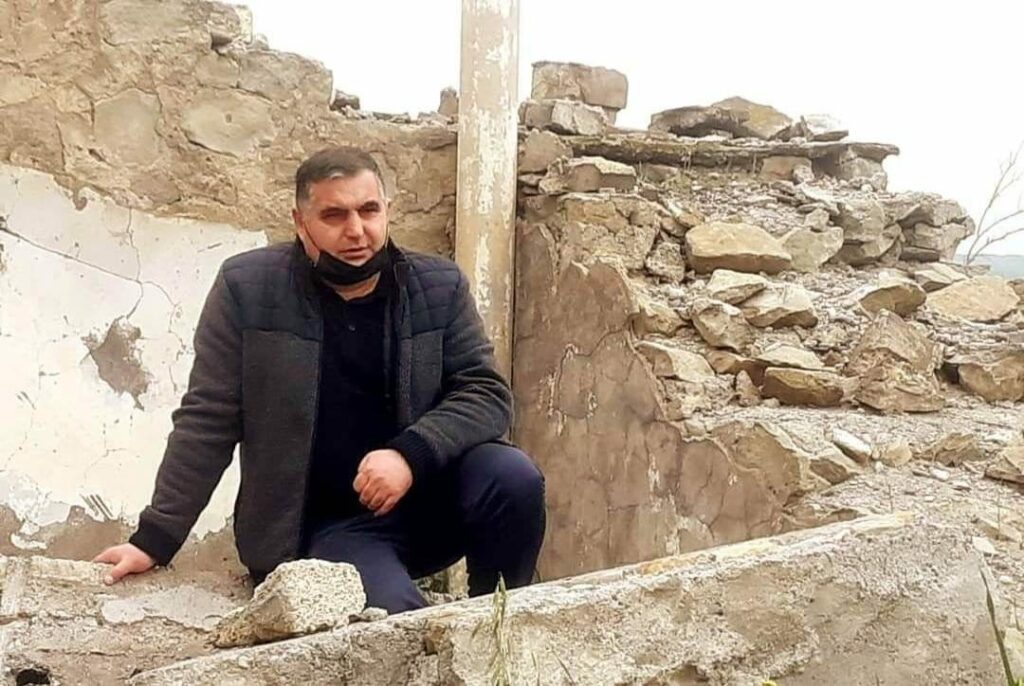The most common question among Armenians these days is: Why did the United States government support Israel so strongly and promptly, but not Armenia and Artsakh?
This question became more pertinent after Politico disclosed last week that Secretary of State Antony Blinken warned: “Azerbaijan may invade Armenia in the coming weeks.”
During an October 3 phone call with Cong. Nancy Pelosi, Anna Eshoo and Frank Pallone and others, Blinken reportedly told them: “the State Department was looking at avenues to hold Azerbaijan accountable and isn’t planning to renew a long-standing waiver that allows the U.S. to provide military assistance to Baku.” Blinken added: “the State [Dept.] saw a possibility that Azerbaijan would invade southern Armenia in the coming weeks.” Politico wrote that two other unidentified sources confirmed the phone conversation. Cong. Pallone tweeted on Oct. 11 that “Aliyev is moving forward with his objective to take Southern Armenia.” On Oct. 15, in a written statement to Armenpress, State Dept. spokesman Matthew Miller said that the Politico article “is inaccurate and in no way reflects what Secretary Blinken said to lawmakers.” However, Politico said it firmly stands by its report.
Surprisingly, Prime Minister Nikol Pashinyan stated on Oct. 11 that the “risk was “extremely low,” and that there was no military buildup on either side of the border. Thus, the Prime Minister contradicted what Tigran Balayan, Armenia’s ambassador to the European Union, said on Oct. 6: Azerbaijan is actively preparing an invasion of Armenia within weeks.
More importantly, Blinken and other US officials have repeatedly said that they are committed to “Armenia’s sovereignty and territorial integrity.” They have stated that “they are deeply concerned by Azerbaijan’s military action, declaring that the use of force to resolve disputes is unacceptable.” However, the U.S. government not only ignored its own warnings to Azerbaijan, but also the occupation of Artsakh and parts of Armenia proper. The United States, France and Russia have apparently decided that Turkey and Azerbaijan are much important for them than Armenia, regardless of the agreements Russia signed with Armenia and the sympathies of Western countries for Armenians. They have offered Armenians merely sympathetic words with zero action. Such shameful behavior has emboldened the dictator in Baku to move forward with impunity with his expansionist plans. These major powers did not even have the courage to pass a UN Security Council resolution to condemn Azerbaijan or impose sanctions.
Understandably, most Armenians are furious at the Israeli government for permitting its arms manufacturers to provide 60% of Azerbaijan’s advanced weapons which have killed and wounded thousands of Armenian soldiers during and after the 2020 War.
The more important issue is: why the United States is so protective of Israel, but not Armenia? The short answer is: due mostly to the activism of the Jewish-American community. There was a time when Jewish Americans were discriminated against in many ways. From the 1920’s until after World War II, American universities limited the number of Jewish students they admitted. After World War II, the United States even refused to accept thousands of Jewish survivors of the Holocaust.
However, Jewish Americans overcame many obstacles by playing prominent roles in all aspects of American life, such as business, science, arts, literature, music, films, theater, comedy, media, civil rights and politics. As of January 2023, there were 37 Jewish Americans in Congress: 10 Senators and 27 House members. Sen. Chuck Schumer is the Senate Majority Leader. The US government contributed $53.6 million to build the US Holocaust Memorial Museum on donated federal land. Over the years, scores of Jewish Americans have served on the US Supreme Court. Shelley Greenspan is the White House Jewish Liaison. In the State Dept., Ellen Germain is the Special Envoy for Holocaust Issues and Ambassador Deborah Lipstadt is the Special Envoy to Monitor and Combat Anti-Semitism. Vice President Kamala Harris’s husband Douglas Emhoff is a Jewish American. There are several Jews serving in high-level governmental positions, such as Secretary of State Antony Blinken, Deputy Secretary of State Wendy Sherman, Treasury Secretary Janet Yellin, Attorney General Merrick Garland, Secretary of Homeland Security Alejandro Mayorkas, Director of National Intelligence Avril Haines, Deputy Director of the CIA David Cohen, Chair of the Securities and Exchange Commission Gary Gensler, Director of the Office of Science and Technology Policy Eric Lander, Deputy Health Secretary Rachel Levine, and National Security Agency cybersecurity director Anne Neuberger.
80 years ago, when 400 Rabbis asked to meet with Pres. Franklin Roosevelt, they were turned down. But last week, a group of Jewish Americans met with Pres. Joe Biden in the White House which was lit up in the colors of the Israeli flag. They have come a long way.
In the category of “Israel lobby in the United States,” Wikipedia mentions Christians United for Israel with over seven million members, the American Israel Public Affairs Committee (AIPAC) which has three million members and $100 million annual budget, and J Street with an annual budget of $2 million. On the other hand, Armenian-Americans have two advocacy groups: the Armenian Assembly of America and Armenian National Committee of America with limited budgets. Armenians need to hire powerful US lobbying firms to counter those of Azerbaijan and Turkey.
Armenians should increase their involvement in political campaigns and run for elective office. College students should specialize in political science or international relations. Armenians should increase their contacts with the US media; write letters to the editor and commentaries in local and national newspapers. The community should support financially the Armenian advocacy groups and contribute to the fundraising campaigns of political candidates. By playing prominent roles in American life, Armenians can influence domestic and foreign policy of the United States and help support Armenia and the Armenian Cause.

